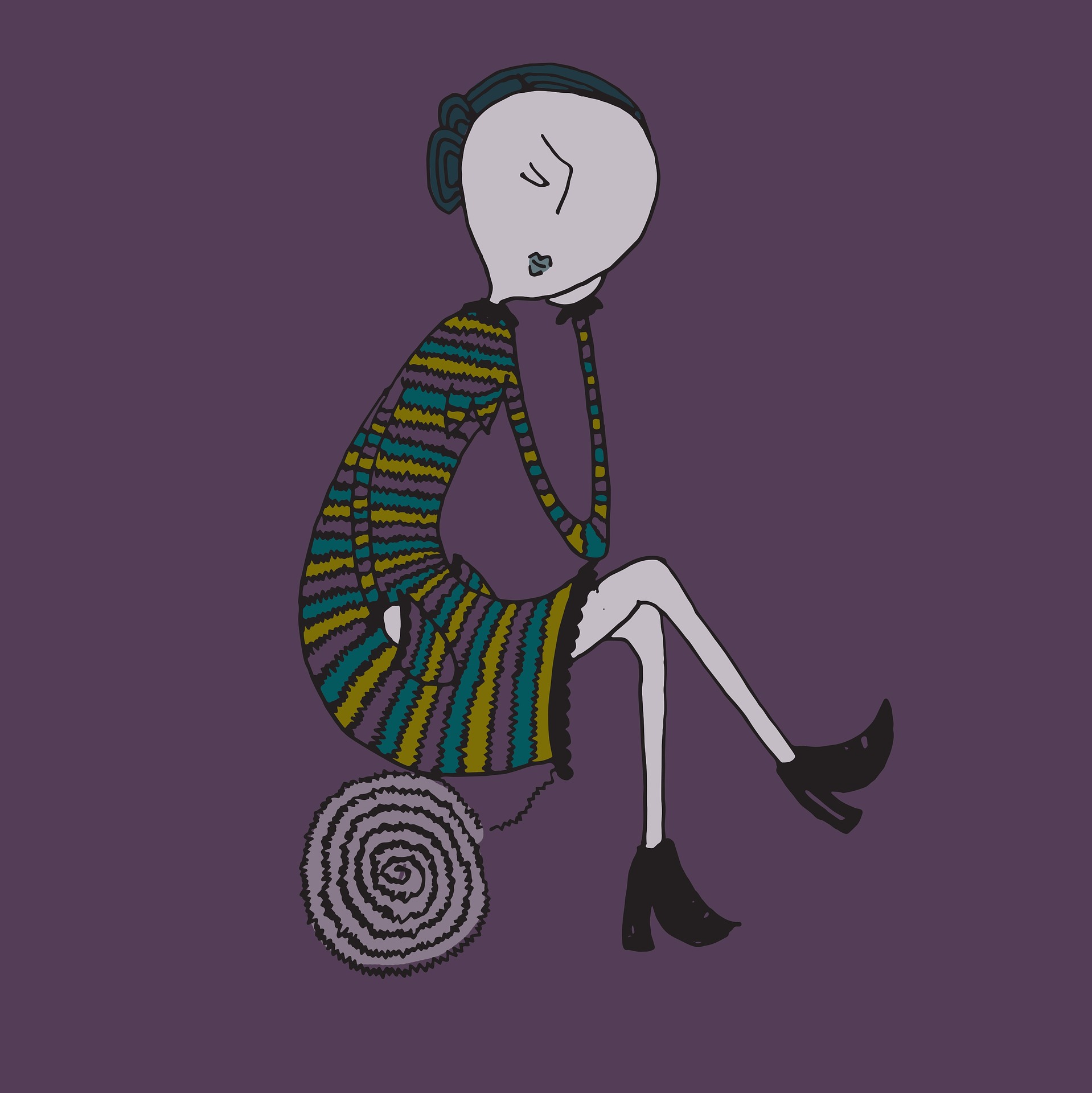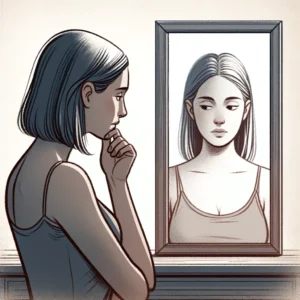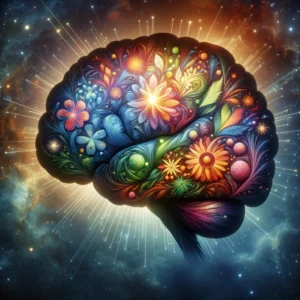

How ADHD Affects Women's Self-Esteem
Emotional Dysregulation and Rejection Sensitivity: Women with ADHD often struggle with emotional regulation, including rejection-sensitive dysphoria (RSD). This heightened sensitivity can provoke intense emotional pain from perceived rejection or failure, leading to feelings of inadequacy and damaging self-esteem.
Late Diagnosis and Misunderstanding: The common delay in diagnosing ADHD in women leads to a prolonged misunderstanding of their behaviors. This lack of understanding can erode self-confidence, as they may internalize their struggles as personal failures rather than symptoms of ADHD.
Social and Relationship Difficulties: Understanding neurodivergent communication and behavior is not promoted in our society. A sense of difference, isolation, and difficulty maintaining close relationships can unfairly impact self-esteem.
Perfectionism and Self-Criticism: Some women develop perfectionistic tendencies to compensate for their perceived defectiveness. Additionally, as a way to cope with self-critical thoughts and a negative self-image when they inevitably fall short of these unrealistic expectations is common.

Impact of Societal Stigma and Shame: Societal stigma around ADHD contributes to feelings of shame and incompetence. Women with ADHD may feel defective, constantly believing they should be more neurotypical, exacerbating self-esteem issues.
Chronic Feelings of Overwhelm and Stress: The stress of managing ADHD symptoms, as well as hiding who they are ( masking) in order to manage societal pressures, can lead to chronic feelings of overwhelm. This state can fuel low self-esteem.
Codependency and Lack of Boundaries: Difficulty in setting boundaries, stemming from a desire to please others and fear of rejection, can lead to more stress. This may reinforce feelings of not having control over one's life, impacting self-esteem.

Strategies that Help
To enhance self-esteem, adhd women can:
-
Practice Self-Compassion: Cultivating an understanding and acceptance of the challenges of ADHD can foster a sense of self-kindness and compassion.
-
Embrace Neurodiversity: Recognize the unique aspects of ADHD as part of your identity, shifting your perspective from seeing it as a deficit to embracing it as a form of diversity.
-
Learn how to accommodate yourself and utilize your environment to support your needs.
-
Learn how to advocate for yourself, set boundaries, and effectively communicate your needs to others.
-
Discover your strengths and values, empowering yourself with a deeper understanding of what makes you unique. Success does not mean you are more neurotypical but more authentically you.
-
Gain insight into your emotions and learn to trust yourself and your instincts.
-
Learn how to set Realistic Goals and Celebrate Achievements: Acknowledge and celebrate even the smallest successes, as they contribute to building confidence and self-esteem.
-
Prioritize Physical Well-being: Ensure you prioritize sleep, rest, hydration, and nourishing yourself, as these are crucial for maintaining a regulated state of mind.
-
Build Supportive Relationships: Cultivate connections with individuals who understand and celebrate you, as they can provide essential support and acceptance on your journey.
How Can Parents and Teachers Support Young Girls with ADHD
Supporting young girls with ADHD involves:
-
Positive Reinforcement: Focusing on successes rather than failures to build confidence.
-
Active Listening and Validating Emotions: Providing a safe space for expressing feelings fosters emotional security.
-
Encouragement in Creative Pursuits: Valuing creative activities as much as academic achievements can reveal potential success paths.
-
Gratitude Practices: Cultivating gratitude enhances happiness and well-being, contributing to a positive self-image.
-
Focus on Strengths: Encouraging pursuits that align with their strengths can lead to feelings of accomplishment.
-
Educate About ADHD: Understanding ADHD empowers girls to advocate for themselves.
-
Model and Teach Self-Compassion: Demonstrating kindness in the face of challenges teaches resilience.
-
Create a Supportive Environment: Adjustments at home and school can significantly aid in managing ADHD symptoms.
Potential Long-Term Effects of Low Self-Esteem ADHD Women
Without intervention, low self-esteem in women with ADHD can lead to:
-
Increased Mental Health Issues: Untreated ADHD symptoms can exacerbate anxiety, depression, and other mental health conditions.
-
Social and Relationship Difficulties: Challenges in forming relationships can result in prolonged isolation.
-
Academic and Professional Challenges: Continued struggles with focus and organization can impact career and educational success.
-
Increased Risk of Eating Disorders: Impulsivity and emotional dysregulation may lead to disordered eating behaviors.
-
Worsening of ADHD Symptoms During Menopause: Hormonal changes can intensify ADHD symptoms, affecting the quality of life.
-
Heightened Feelings of Shame and Inadequacy: The cycle of shame and negative self-perception can deepen without support.
-
Increased Risk of Self-Harm: The risk of engaging in self-harmful behaviors may increase without proper treatment.
-
Negative Self-Perception and Low Self-Worth: Persistent struggles without support can lead to a deteriorating self-image.
Can Medication or Treatment for ADHD Help ?
Medication and targeted treatment for ADHD can significantly improve your life, helping women regain confidence and potentially improving self-esteem. Additionally, addressing trauma, altering core beliefs, and practicing self-compassion can be transformative, aiding in the recovery of self-esteem damaged by negative feedback and societal pressures to be more neurotypical.
Addressing Four Core Beliefs That Harm Self-Esteem in Women with ADHD

For women with ADHD, certain core beliefs can significantly impact their self-esteem. Recognizing and challenging these beliefs is crucial for fostering a positive self-image. Here are four common negative core beliefs and strategies for addressing them:
-
"I'm not good enough."
-
This belief can prevent women from recognizing their achievements and lead to a constant pursuit of validation. To combat this, it's essential to practice self-compassion and celebrate every success, no matter how small. Reflecting on past achievements can also help counteract this belief.
-
-
"I can't trust myself."
-
Women with ADHD might doubt their reliability and decision-making abilities. Building self-trust involves acknowledging past successes, learning from mistakes without harsh self-judgment, and gradually taking on responsibilities that affirm their capability and reliability.
-
-
"It's not possible for me."
-
This belief limits potential and discourages taking risks or attempting new challenges. Setting realistic, achievable goals and acknowledging the effort, regardless of the outcome, can help overcome this mindset. Even in small tasks, successes can build confidence and challenge this belief.
-
-
"I don't deserve it."
-
Feelings of unworthiness can stem from repeated experiences of rejection or failure. Fostering a sense of deservedness involves practicing gratitude—for oneself and one's achievements—and engaging in positive self-talk. It's also beneficial to surround oneself with supportive people who reinforce one's worth and contributions.
-
Strategies for Altering Core Beliefs
-
Mindfulness and Reflection: Mindfulness can help individuals become aware of automatic thoughts stemming from these core beliefs. Reflective practices, such as journaling, can aid in identifying and dissecting these beliefs.
-
Cognitive Restructuring: Through cognitive-behavioral therapy (CBT), individuals can learn to challenge and reframe negative thoughts into more balanced and realistic ones. This involves questioning the evidence for these beliefs, considering alternative explanations, and developing more adaptive beliefs.
-
Positive Affirmations and Neuroaffirmation: Regularly using positive affirmations that counteract these negative core beliefs can gradually alter one's self-perception. Neuroaffirmation, focusing on the strengths and unique abilities brought by neurodiversity, can also shift the narrative from deficit to difference.
-
Community and Support Groups: Engaging with others who share similar experiences can validate feelings and provide alternative perspectives on handling challenges. Support groups offer a platform for sharing strategies for overcoming self-doubt and building self-esteem.
By actively addressing and working to change these core beliefs, women with ADHD can enhance their self-esteem, leading to more fulfilling personal and professional lives. The journey involves consistent effort and, often, support from professionals, peers, and loved ones.
Other pages of interest


